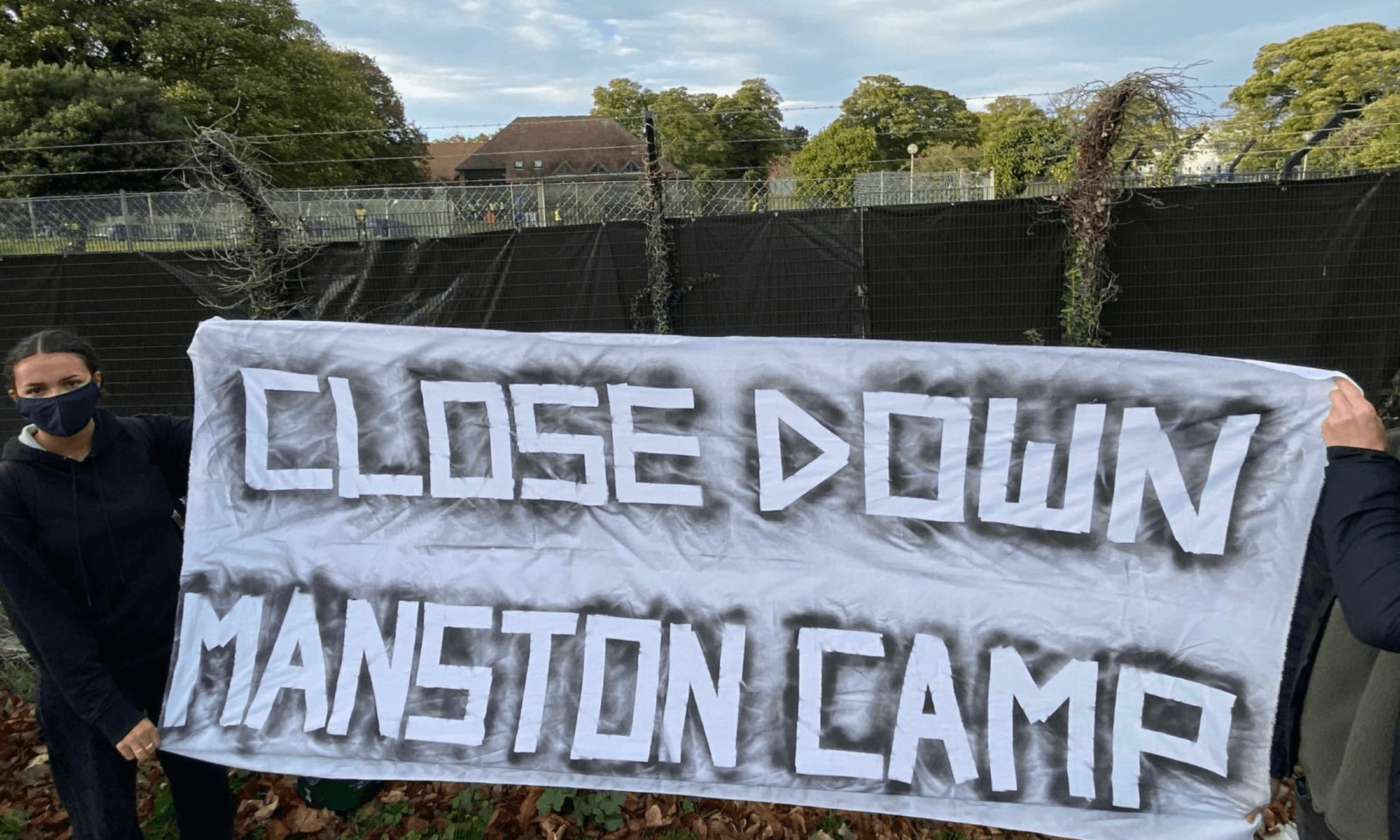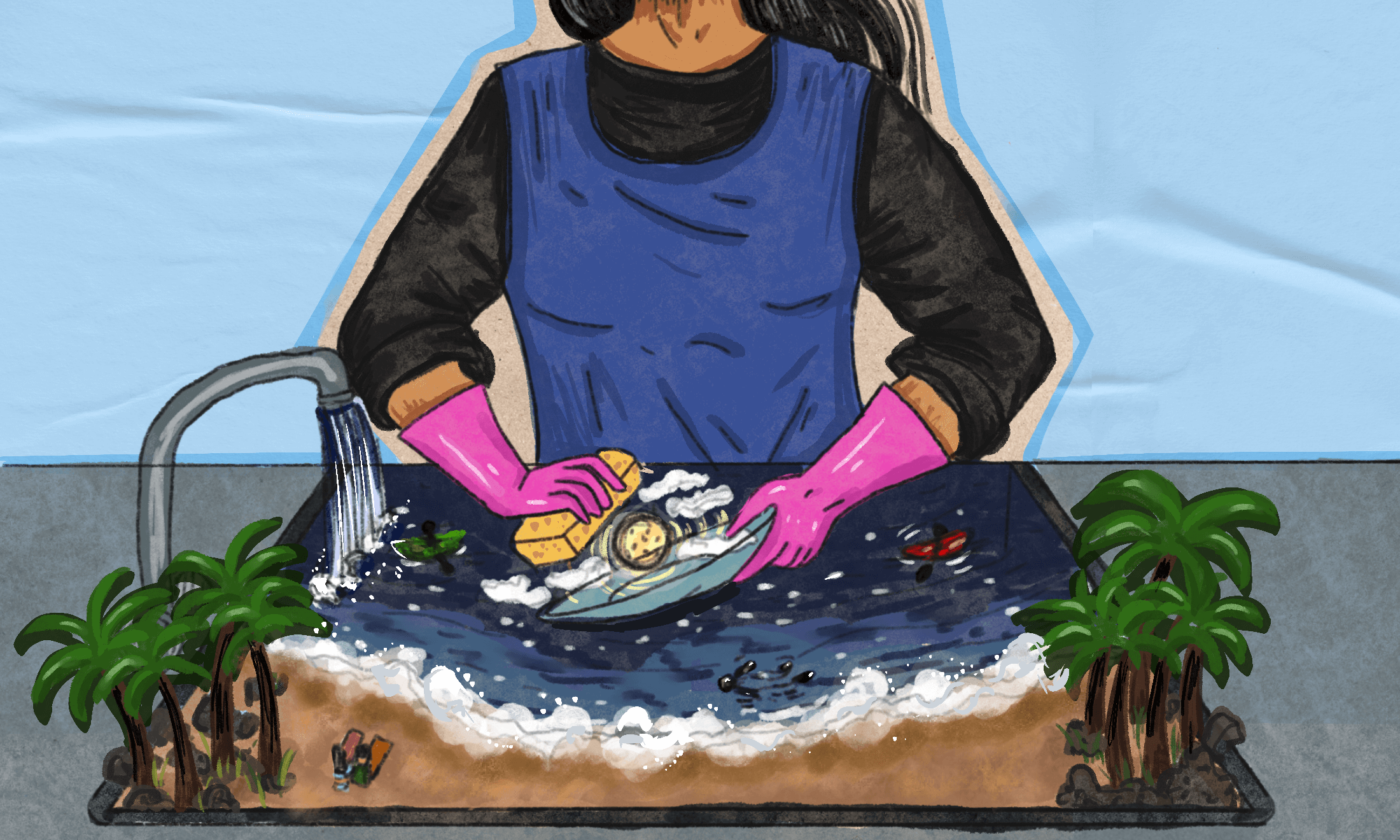
As Deputy Mayor of London, I urge the government to pay attention to the crisis of ‘undocumented’ children
Debbie Weekes-Bernard
10 Jan 2020
Photography via Unsplash
London’s diversity is its greatest strength. Every day, right across the capital, people from all over the world and with different backgrounds work and play alongside each other.
Like so many Londoners, immigration forms part of my family’s history. As the Deputy Mayor of London, I am of course proud to be a Londoner but I’m also fiercely proud of my Caribbean roots. The journey made by my parents, their siblings and their friends, to settle and make lives for themselves, is part of my identity. That is why the Windrush scandal was so painful to witness, exposing, as it did, the appalling treatment of older black Londoners who have long called this country their home.
Unfortunately, today there remain hundreds of thousands of young Londoners – some just children – for whom the distress and disruption that characterised the Windrush scandal could be a scary reality.
A report commissioned by the Mayor of London, reveals that there are 397,000 people – more than half of the UK’s estimated 674,000 undocumented population – living “undocumented” in London. Of these, 133,000 are believed to be children and young people.
“They are often eligible for residency or citizenship but may have lived their whole lives completely unaware of their precarious status”
More than half of this group of young people were born in the UK. Others include those who arrived in the UK with the documentation they needed but overstayed, those who entered without the documentation they needed, child victims of human trafficking and unaccompanied minors whose temporary leave to remain was withdrawn once they became adults.
These young Londoners are likely to have been here for years. They are part of our local communities. They are often eligible for residency or citizenship but may have lived their whole lives completely unaware of their precarious status. Without the relevant documentation, they are excluded from life in London by government policies which prevent them accessing higher education, opening a bank account, applying for a driving licence, securing housing or taking up employment. It is both shocking and unjust.
Since 2012, only 10% of families with undocumented children in the UK have applied to secure their immigration status. And it’s hardly surprising. The immigration application process is unnecessarily complex and, at more than £1,000 per child, it is often prohibitively expensive. In fact, the high cost of child citizenship fees were recently deemed unlawful by the High Court.
And with Brexit on the horizon, there’s rightly huge concerns that these numbers of undocumented young people are set to grow dramatically. If just a small fraction of the 260,000 European-national children and 96,000 European-national young people living in the capital are not supported through the EU Settlement Scheme, or for citizenship, they are going to be facing the same barriers to living in the capital.
“Today we are calling for the government to provide financial support to provide immigration advice for young people and their families”
It’s why today City Hall is calling for the government to provide financial support to provide immigration advice for young people and their families, to cut extortionate immigration and citizenship fees and reinstate legal aid for children’s immigration cases.
It is also why we have provided £370,000 to improve access to legal advice for Londoners with insecure immigration status and donated £20,000 – in solidarity – to the Windrush Justice Fund to provide support to London-based organisations working with those who have been affected by the Windrush scandal.
But we can’t do it alone. The government needs to take responsibility for its cuts to legal aid in immigration cases. The government must give all those eligible the opportunity to fulfil their potential in the city they call home by offering them a straightforward and affordable path toward securing their status. As someone who has spent my entire career working to improve the lives of marginalised communities, I urge them to take this action now – before it’s too late.









